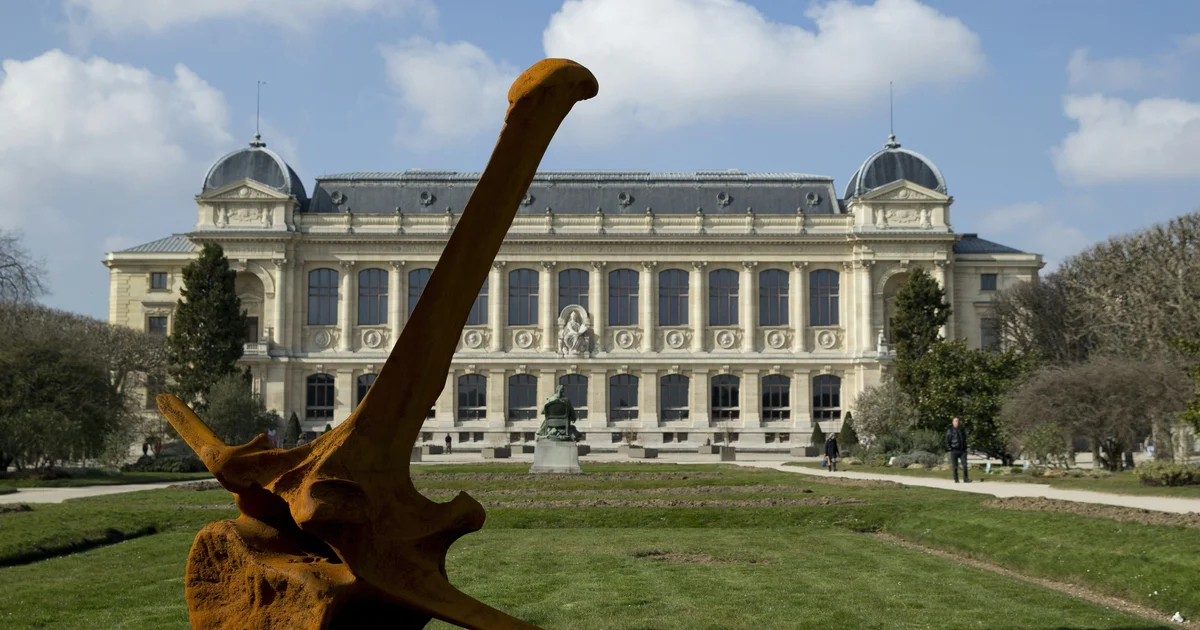By 83249,Nl Times
Copyright nltimes

The mayor and aldermen working in both Amsterdam and Utrecht introduced their 2026 municipal budgets this week, with the two cities intending to prioritize social support, housing, infrastructure, and climate initiatives while keeping taxes steady.
In Amsterdam, the political leadership told City Council it will allocate funding to extend youth care, poverty programs, and homelessness initiatives into 2027. Despite the expectation the capital will receive 47 million euros less from the national government than expected, no local taxes will increase.
Finance Alderman Hester van Buren said, “Budgets for youth care or poverty, which will still be needed after 2026, are extended as much as possible. It is important that a new Council has a strong financial start,” she stated. Van Buren was alluding to the municipal elections planned for March, after which a new City Council and a new coalition will helm the executive branch of local government.
“Municipal finances reportedly remain healthy despite significantly less funding from The Hague. Our debt and interest costs remain responsible. These investments allow continued development of a sustainable, inclusive city with responsible growth,” van Buren added.
The city wants to reserve 23 million euros for poverty support and debt counseling, 10 million euros for youth care, and 12 million annually for homelessness, including 8 million in a one-time lump sum. Amsterdam also expects to allocate 20 million euros to continue shelter for undocumented residents.
Infrastructure projects include 55 million euros for the Oostbrug over the IJ River, the waterway separating Amsterdam’s city center from its northern district. There is also an earmark of 13.5 million euros planned for insulation initiatives.
One-time allocations also include 6 million euros to tackle issues related to sexual violence, and funding for ongoing cultural investments, including the Amsterdam Museum renovations.
In Utrecht, the city will spend 2.2 billion euros, maintaining steady taxes. Investments include housing, social programs, asylum support, and climate action.
Some 25,000 homes are intended to be build in Rijnenburg on the city’s far southwest side, and 75,000 more in Groot Merwede, along the A12 between Utrecht and Nieuwegein. The plan includes support to develop schools, shops, green spaces, and cultural facilities.
The city expects to continue Plan Einstein, assisting integration of asylum seekers with residents, and aid for about 7,000 Ukrainian refugees. Other social programs include free lunches at 15 schools and faster debt assistance.
Additionally, the electricity grid is nearly full, prompting the need for major investments. Energy and environmental plans include the Rijnenburg wind park, 15,000 energy-saving boxes, a low-emission zone for trucks, a 30 km/h speed limit in residential areas, and improved green spaces.



